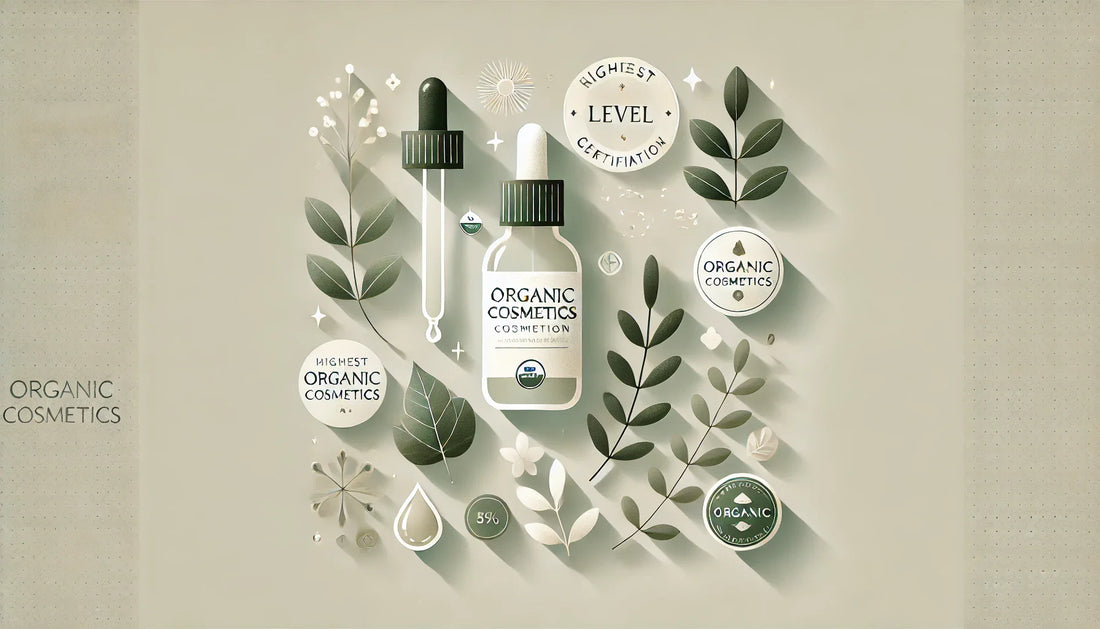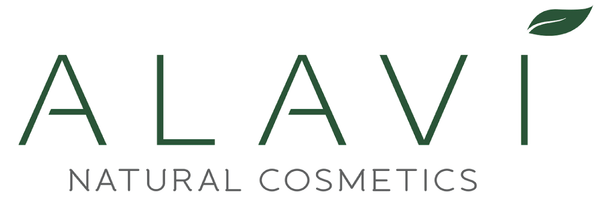
Understanding the Category: Organic Cosmetics by NaTrue
Share
The "Organic Cosmetics" category represents the pinnacle of natural and organic product certification under NaTrue. Products in this category are formulated with the highest possible organic ingredient content, reflecting a commitment to organic agriculture, sustainability, and the health of both consumers and the environment.
Requirements for Organic Content
- High Percentage of Organic Ingredients: To qualify for the "Organic Cosmetics" certification, a product must contain a very high percentage of organic ingredients. Typically, this means that at least 95% of the product's natural ingredients (by weight) must come from certified organic sources. This standard is among the strictest in the cosmetics industry.
- Certified Organic Ingredients: All organic ingredients must be certified according to recognized organic farming standards. These standards ensure that the ingredients are grown and processed without synthetic pesticides, herbicides, fertilizers, or GMOs and adhere to environmentally friendly practices.
- Minimal Non-Organic Ingredients: The remaining 5% (or less) of the ingredients must still meet strict criteria for naturalness and must not include any synthetic chemicals, GMOs, or other prohibited substances. Non-organic ingredients are only allowed when no organic alternative is available and when they are necessary for the product's formulation.
Compliance with NaTrue's Natural Cosmetics Standards
In addition to the high organic content, products in this category must also comply with NaTrue's general standards for natural cosmetics, which include:
- Natural Origin: All ingredients must be derived from natural sources such as plants, minerals, or animals (e.g., beeswax, milk). Nature-identical substances are only permitted under stringent conditions, typically for preservation purposes where no natural alternative exists.
- Environmentally Friendly Processing: The manufacturing processes must maintain the natural integrity of the ingredients. This means avoiding methods that might degrade or alter the natural properties of the raw materials, such as harsh chemical processing.
- No Harmful Additives: Using synthetic fragrances, colors, silicones, parabens, petroleum derivatives, and other synthetic chemicals is strictly prohibited.
Labeling and Consumer Transparency
- NaTrue Label: Products that achieve the "Organic Cosmetics" certification can display the NaTrue label and the designation that indicates their status as an organic product. This label is a trusted symbol that assures consumers of the product's adherence to the highest organic standards.
- Transparency in Ingredients: The percentage of organic content must be communicated on the product packaging. Consumers should be able to quickly identify the organic ingredients and trace their origins, which builds trust and provides assurance about the product's quality and purity.
Examples and Applications
This category is ideal for products where organic content is a primary selling point, such as:
- Skincare Products: High-end moisturizers, facial oils, and serums made almost entirely from organic plant oils, extracts, and natural butter.
- Haircare Products: Shampoos, conditioners, and hair treatments that use organic herbal extracts, oils, and essential oils.
- Body Care: Luxurious body lotions, creams, and balms with a focus on organic ingredients to soothe and nourish the skin.
Challenges and Benefits
- Formulation Challenges: Formulators can find achieving this level of certification challenging, as it requires sourcing the highest-quality organic ingredients and ensuring that the entire production process adheres to organic principles. This often limits the types of ingredients that can be used and may increase production costs.
- Market Appeal: Despite these challenges, products in the "Organic Cosmetics" category appeal strongly to a growing segment of consumers who are highly conscious of the ingredients they use on their skin and the environmental impact of their purchases. Products with this certification can command a premium in the market.
Conclusion
The "Organic Cosmetics" category under NaTrue represents the gold standard for organic and natural cosmetics. It requires a deep commitment to using the highest possible percentage of certified organic ingredients and adhering to stringent natural cosmetics standards. Products that achieve this certification level are positioned as some of the purest and most environmentally responsible options available, making them highly desirable to consumers who prioritize organic and natural products.
